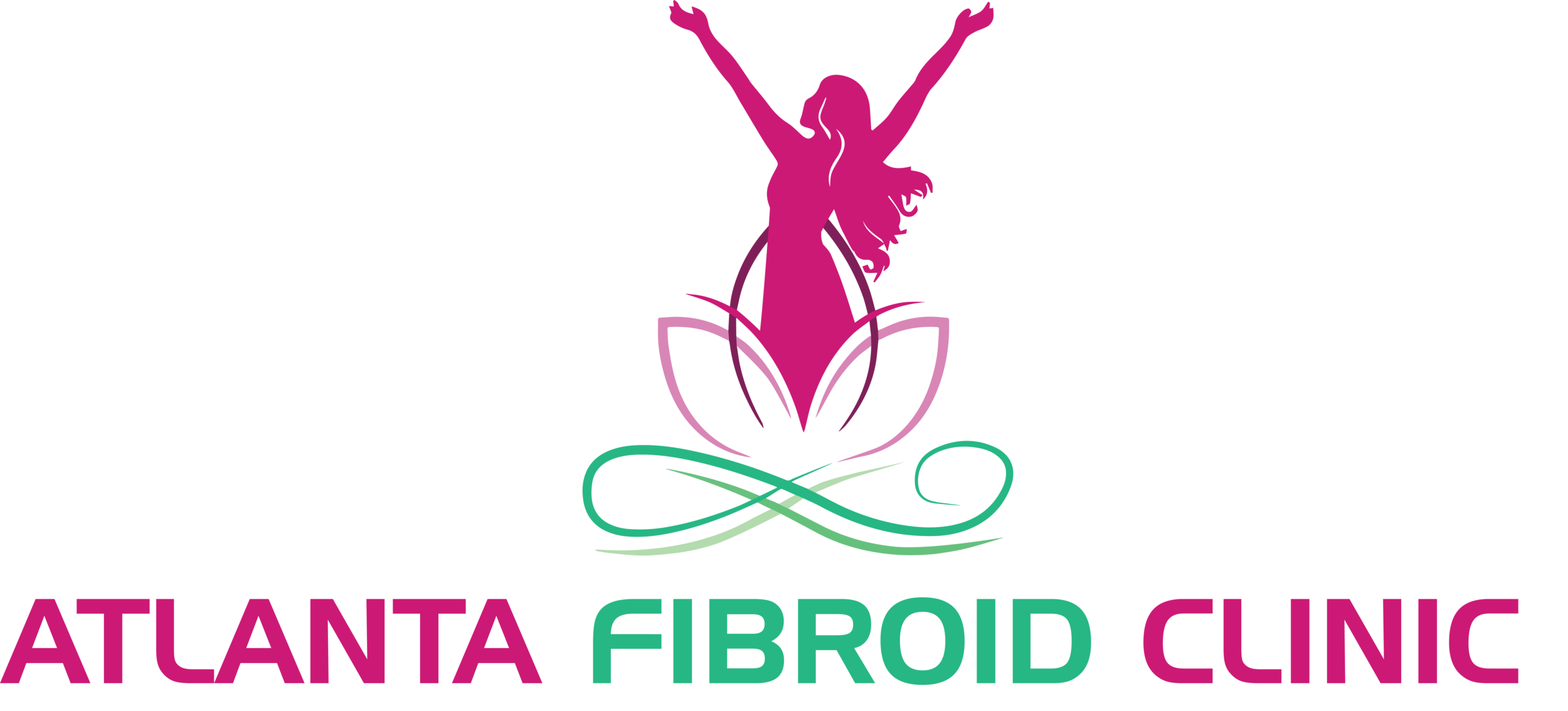If you've been diagnosed with uterine fibroids at the Atlanta Fibroid Clinic, one of your concerns may be if these common non-cancerous growths can cause you to put on extra pounds.
Read MoreUterine fibroids are extremely common, benign tumors that grow in and around the uterus. While many women with fibroids have no symptoms at all, for some, these growths can cause discomfort, pain, and other troublesome issues.
Read MoreMore than 95% of the 600,000 hysterectomies performed each year are not needed and could have been avoided with less invasive treatments developed in the last 15 years. Unfortunately, most women are told they have no treatment options other than a hysterectomy when there are other viable options available for safely treating uterine fibroids.
Read MoreIt is estimated that around 25 million women between the ages of 15 to 50 have uterine fibroids. Of these women, at least 15 million will endure heavy symptoms and have health problems associated with fibroids. Almost a quarter of African-American women between the ages of 18 and 30 have fibroids. By the time they reach the age of 35, this number increases to 60% due to various reasons and potential risk factors that are both hereditary, environmental and sociological.
Read MoreUterine Fibroid Embolization is a very effective non-surgical procedure with a high rate of success. It preserves a woman’s uterus, enabling her to seek relief from fibroid symptoms and regain control of her life.
Read MoreYou should not wait until perimenopause or the onset of menopause to seek treatment for your uterine fibroids. Uterine Fibroid Embolization (UFE) alleviates the symptoms associated with fibroids without the need for surgery.
Read MoreUterine Fibroid Embolization (UFE) and the Acessa™ procedure are treatments for uterine fibroids that are an alternate to hysterectomy or myomectomy. Acessa™ however, can only be performed by OB/GYN physicians in an operating room setting with general anesthesia, whereas UFE is available nationally as an outpatient procedure performed under local anesthesia by experienced interventional radiologists.
Read MoreFibroid development is often linked to estrogen and progesterone levels in women’s bodies. These hormones work together to regulate our menstrual cycles. Exercise affects estrogen and progesterone levels within women’s bodies by moderating them. Regular exercise may help to prevent the growth of fibroids by reducing hormones and the fibroid activity they often trigger.
Read MoreThere are different types of Uterine Fibroids. The type of fibroids you have depends on their placement within your uterine walls. Fibroids are classified in four different groups: Pedunculated, Subserosal, Intramural and Submucous.
Read MoreWe cannot say with certainty why fibroids occur. Some studies hold family genetics, age and ethnic origin accountable, while others suspect women’s estrogen levels play a lead role in the development of fibroids.
Read MoreUnless you have symptoms, you probably won’t know that you have uterine fibroids. If your primary care physician suspects fibroids, they'll usually carry out a pelvic examination to look for any obvious signs. One of the main tests carried out to diagnose fibroids are painless and effective scans such as an ultrasound or MRI.
Read MoreFibroids and Anemia Are Connected:
Heavy or excessive bleeding means a woman suffering from fibroids will also lose large quantities of iron and hemoglobin, causing a depletion of oxygen in her body, which leads to iron-deficiency anemia. People who are anemic experience fatigue, dizziness, confusion, and an overall sense of weakness.
Read MoreLibido is adversely affected by fibroids, which are in turn affected by hormones within a woman’s body, especially estrogen and progesterone. Fibroids tend to grow faster during a woman’s reproductive years when hormone levels are at their peak.
Read MoreBeing prepared is key to having an effective consultation. If you bring all of the information about your fibroids, including the imaging studies, you will be providing the interventional radiologist with, ideally, all of the information needed to make a decision about UFE.
Read MoreA large share of women have gone without health care services during the COVID-19 pandemic, particularly women in fair or poor health.
Read MoreAround one in three women develop fibroids before age 50. They are harmless about 99 percent of the time, but don’t ignore them. The complications they cause, like clotting and excessive bleeding, can lead to secondary issues like muscle weakness and fatigue.
Read MoreWhen it comes to alleviating holiday travel-related stress, having the right supplies with you can make a world of difference. That said, preparing for fibroids and air travel can be challenging, especially since you are only allowed to bring a small carryon bag with you.
Read MoreHere are some holiday gift ideas for yourself or the fibroid sufferer in your life.
Read MoreIf you are suffering from painful, uncomfortable, or inconvenient fibroid symptoms like heavy bleeding, severe cramps, frequent urination, and low energy, and you add yet another level of stress to the equation… There’s little doubt that dealing with fibroids and making holiday plans are physically and emotionally draining.
Read MoreWeight gain from uterine fibroids can be frustrating and even painful.
Read More



















